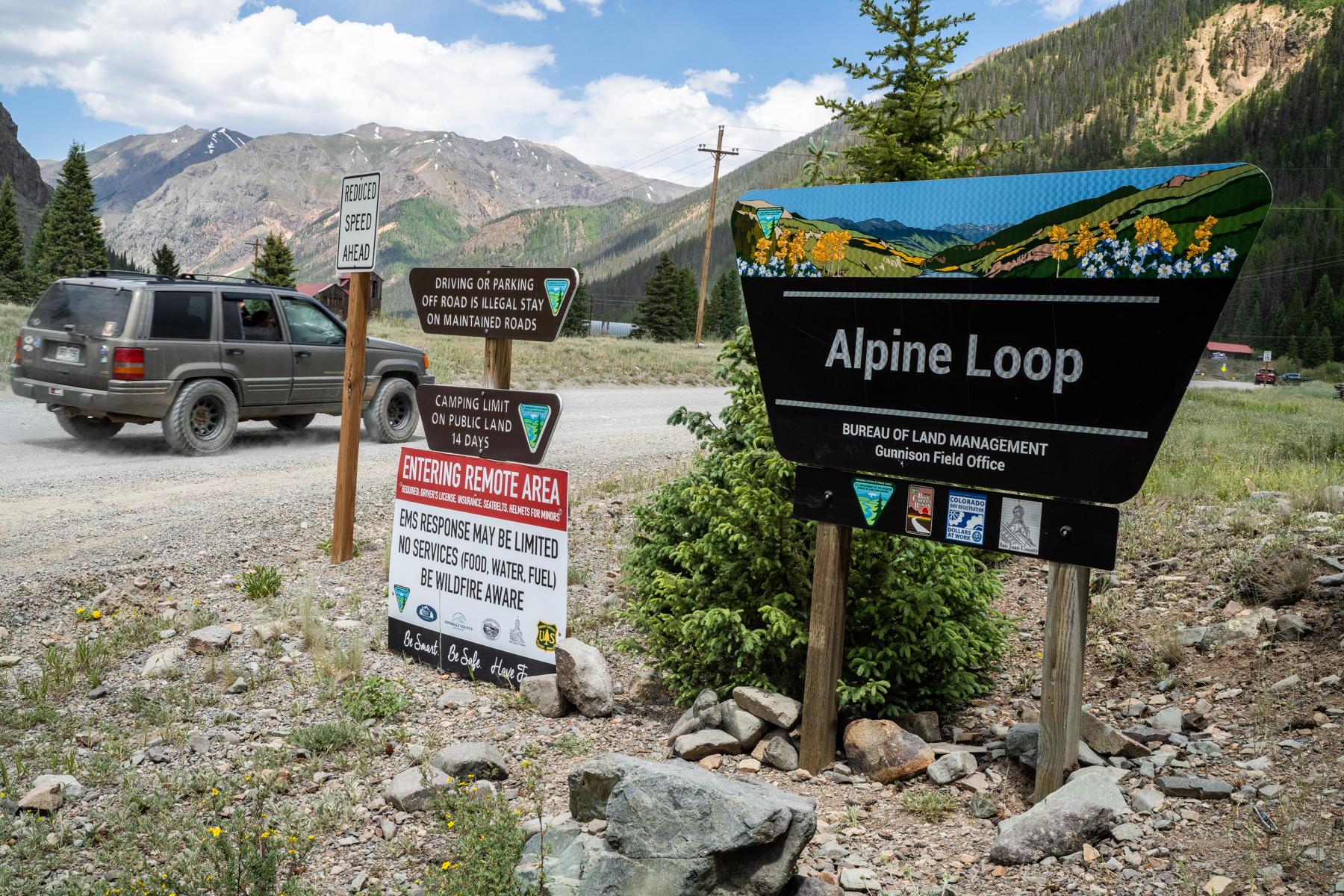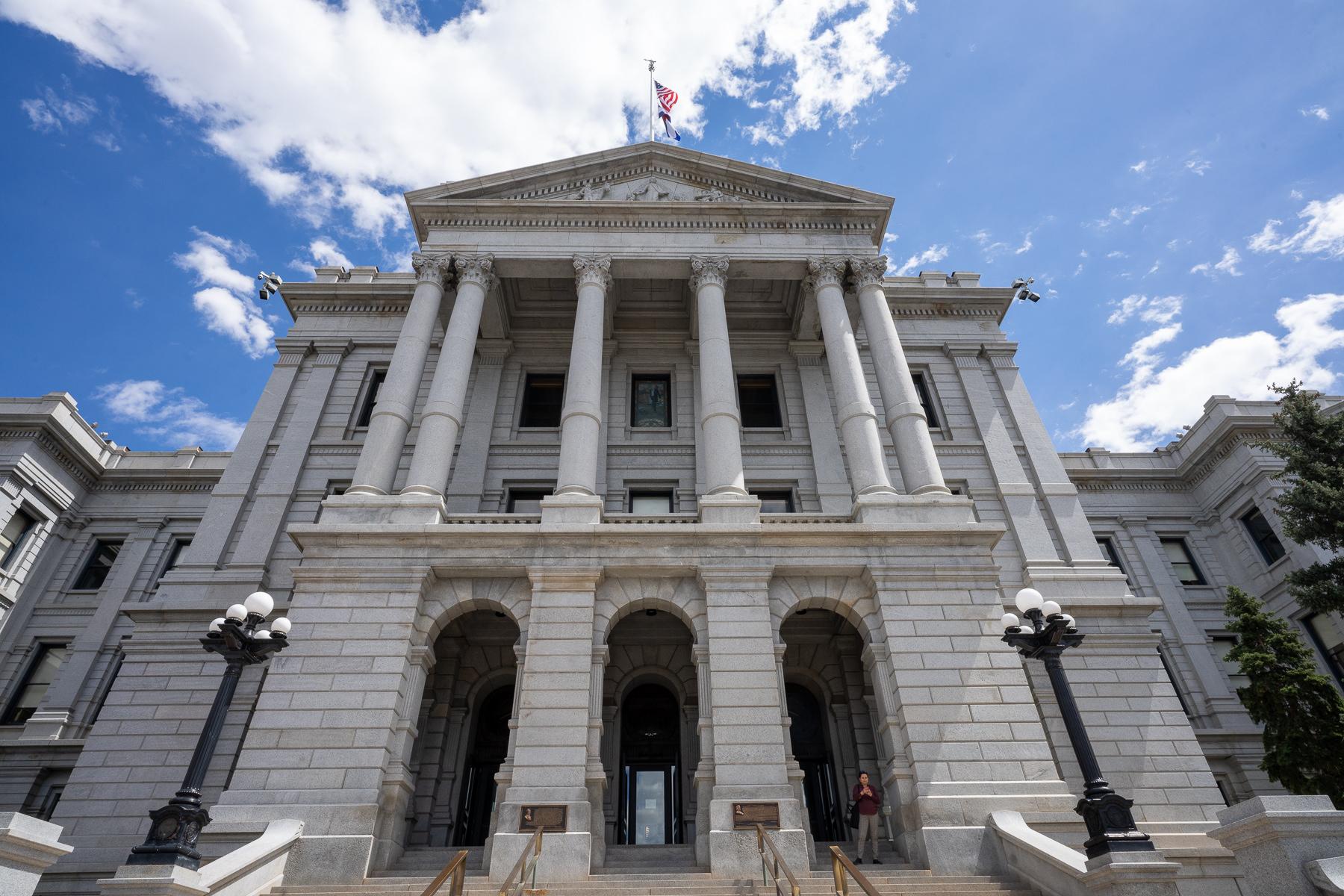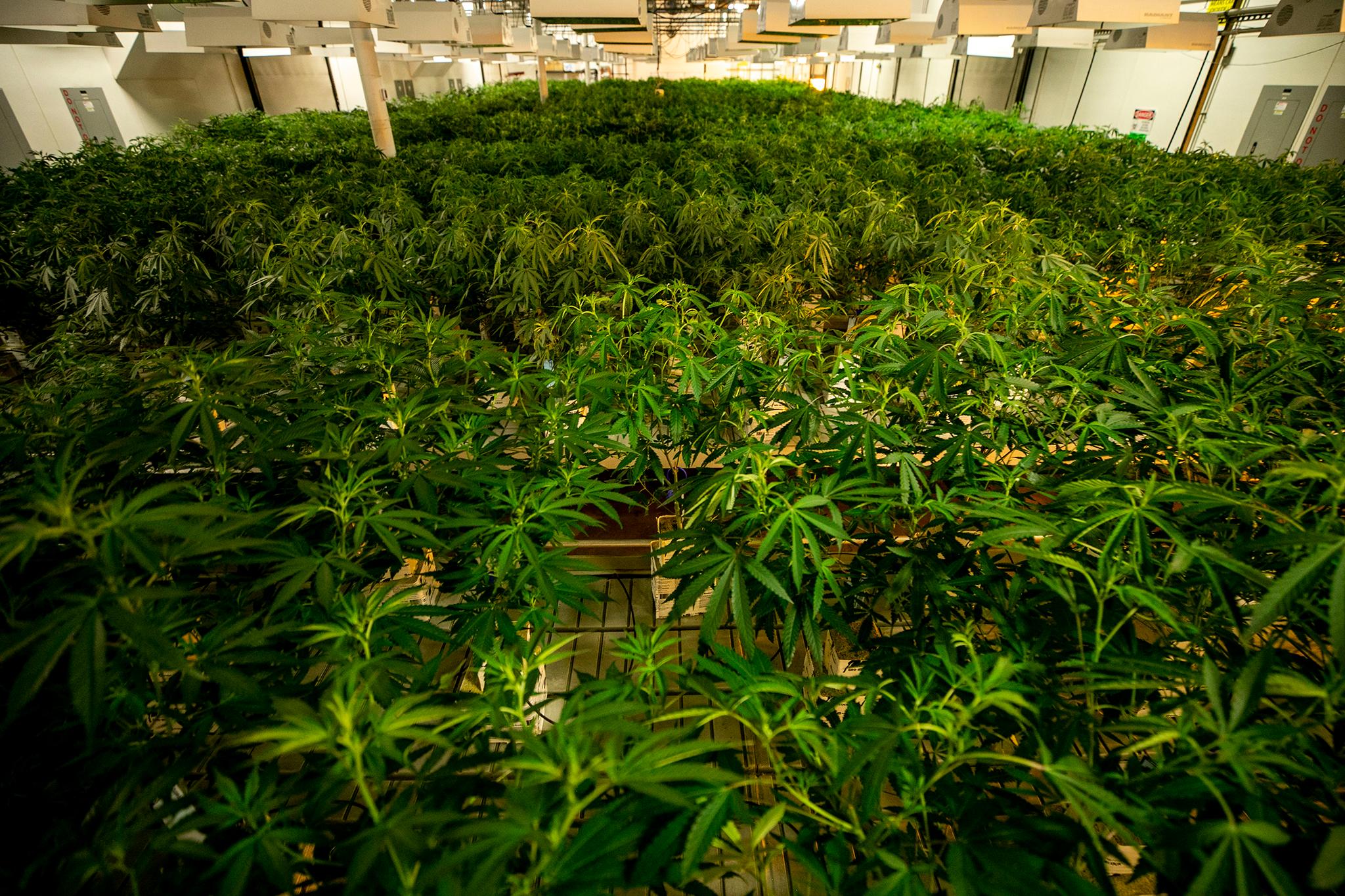
Updated 6:35 p.m., April 18, 2024
The Bureau of Land Management has issued its final rule for federal lands, putting conservation on equal footing with other uses such as mining and grazing.
“Today’s final rule helps restore balance to our public lands as we continue using the best-available science to restore habitats, guide strategic and responsible development, and sustain our public lands for generations to come,” said Interior Secretary Deb Haaland in a statement.
Under the rule, the BLM would manage for landscape health, in part through “restoration and mitigation” leases, a mechanism to allow oil and gas companies and others to offset any environmental impacts to the land they’re on by investing in public lands elsewhere. The new approach also prioritizes “areas of critical environmental concern” or ACECs.
The BLM said the rule recognizes conservation as an essential component of public lands management.
Colorado Democratic Rep. Diana DeGette said protecting public lands is good public policy.
“Public lands play an important role in mitigating the impact of climate change and improving the health of our planet,” she said in a statement. “Today’s final rule is a significant accomplishment for land conservation and wildlife protection, and I am proud that BLM and the Biden Administration are continuing to lead in defending our natural world.”
John Podesta, President Joe Biden’s Senior Advisor for International Climate Policy, described it as a “huge win for ensuring balance on our public lands, helping them withstand the challenges of climate change and environmental threats like invasive species, and making sure they continue to provide services to the American people for decades to come.”
A number of conservation groups also hailed the move.
“For too long, the BLM has allowed extractive industries to have their way with our public lands. That’s led to degraded landscapes across the West and the decline of iconic species, like the greater sage-grouse,” said Kate Groetzinger with the Center for Western Priorities. “This rule gives the BLM the tools it needs to right these wrongs and start improving the health of our public lands. It also provides tools for extractive industries to be part of the solution, rather than exacerbate the problem.”
The president of Trout Unlimited, Chris Wood, described the rule is a restatement of the obvious. “Conservation is a vital part of the BLM’s multiple use mandate; just as it has been since passage of the Federal Lands Policy Management Act in 1976.”
Some Republican lawmakers, however, criticized the rule, saying it would upend the agency’s longstanding mission to prioritize multiple uses and sustained yields from public lands.
Colorado GOP Rep. Lauren Boebert, whose current district includes vast amounts of public land, said in a statement that, “Biden’s bureaucrats’ so-called BLM Conservation Rule is just another misguided land grab meant to prevent oil and gas production at a time when sky-high gas prices and inflation are looting the pocketbooks of the American people.”
She added she’d work with the Western Caucus and Freedom Caucus to overturn the rule.
Chair of the House Natural Resources committee, Rep. Bruce Westerman called it a “slap in the face for local communities.”
“Today is another example of the Biden administration leaving local communities out of the conversation and blatantly disregarding input from the American families that are impacted the most,” said Westerman in a statement. “This rule fundamentally threatens the land we use to feed and fuel our country and is at best vaguely defined, unnecessary and burdensome.”
He added that he’ll do what he can to pass a bill by Utah Republican Rep. John Curtis that would force BLM to withdraw the rule.
Extractive industries and some ranchers are also concerned about the rule.
Kathleen Sgamma, president of the Western Energy Alliance, said her group will take the final rule to court, arguing it violates public lands laws, such as the Federal Land Policy and Management Act and the Taylor Grazing Act.
“The rule seeks to upend the balance that Congress and the Interior Department over many decades achieved on multiple-use public lands that are appropriate for productive uses such as energy, grazing, mining, and recreation,” she said in a statement. “This is a classic example of overreach by the Biden Administration, which has no problem ignoring basic law, and would be detrimental to rural communities all across the West that rely on responsible economic development on non-park, non-wilderness public lands.”
Sgamma testified against the rule to Congress last year saying, “conservation is a goal. It’s not a use.”
The BLM said it received and considered over 200,000 comments on the proposed rule, the vast majority of which supported the effort. The final rule will go into effect 30 days after its publication in the Federal Registered, which is expected in coming days.
Editor's Note: This story has been updated to include a quote from congresswoman Lauren Boebert.









